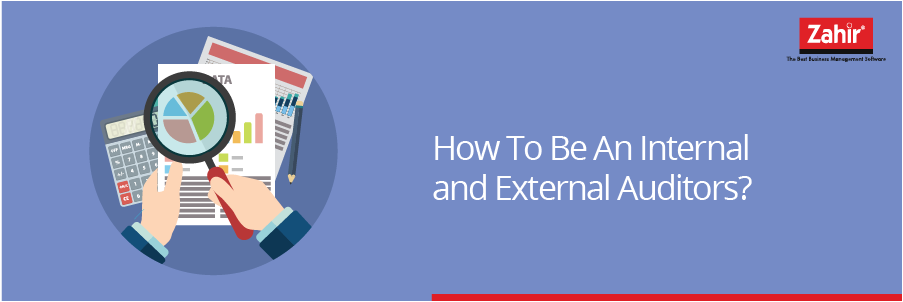Auditor Profession Standard is the must filled requirement to maintain the auditors’ quality performance and audit result. The auditing standard is closely related to the auditor professional quality as well as the way the auditors take judgment and decision during report checking. Thus, anyone who wants to be an auditor or decide to use the auditor service in your business, should understand the auditor’s requirements. There are two types of audit, External auditor and Internal auditor.
- Internal audit is the activity designed to achieve more value and improve the business operation independently. The purpose of this audit is to achieve the objective systematically, with detailed approach to access and improve the effectiveness of management risk, control, and organization’s process. Internal audit provides insight and recommendation based on the analysis and forecast based on the data and business process. Internal auditor is known as the employees who conduct the internal audit.
- External audit the audit activity performed by other reliable (independent) party. The purpose is to ensure that the accounting report is accurate and comply with the determined PSAK requirements, and shall the prepared report presents the financial position and fair entity .
While the types of auditors are:
- Internal Auditor. This profession has standard and ethic code that must be executed consistently. In the old paradigm, Internal Auditor is only assists the tom management to secure of the business asset and control the daily business operational.
- External auditor . This auditor is recognizes as the third party outside the company, where they work based on the work orders. External auditor are supposed to work independently and maintain the objectiveness.
Basically, the requirements to be an auditor are:
- Possess sufficient skill and technical training as auditor.
- To be independent
- Using professional skill as an auditor.
As the above mentioned statement, the purpose of an audit is to assess the management report and part of the responsibility. To ensure the assessment objectivity, the auditor both as personal or part of the institutions must have the auditing expertise and thorough knowledge in accordance to the audited field. The auditor is also required to have well-organized plan, auditing process is based on the standard and ethic code, active supervision, and so forth. Therefore the auditors should possess the following requirements:
- Competency. Competent means the auditor must have expertise in the field of auditing and have sufficient knowledge about the field he audited. The auditor’s competence in the auditing field is shown by the educational background and experience. In terms of education, an auditor possesses formal education or certified courses. Experience, is indicated by the time period involved in the field of auditing or varying audits. If the assigned auditor has not been certified, then he should be supervised by an experienced senior auditor. Auditors who performs the financial statements audit should have an educational background and fully understand the process of preparing financial statements and applied accounting standards.
- Independence
Independent means to be free from the influence of both the management responsible for the preparation of reports and the users of the report. Independence is more likely to be shown by a mental attitude that is not affected by any party.
- Careful and thorough in performing its duties, the auditor should use his professional skills, well planned, appropriate approach, and provide opinion based on sufficient data and in-depth information. In addition, the audit institution should provide adequate quality control, well-organized human resources, including continuous education and training, the implementation of its activities are well supervised, and the results of its work are adequately reviewed. Accuracy is an absolute must be applied auditors in the implementation of their duties.




